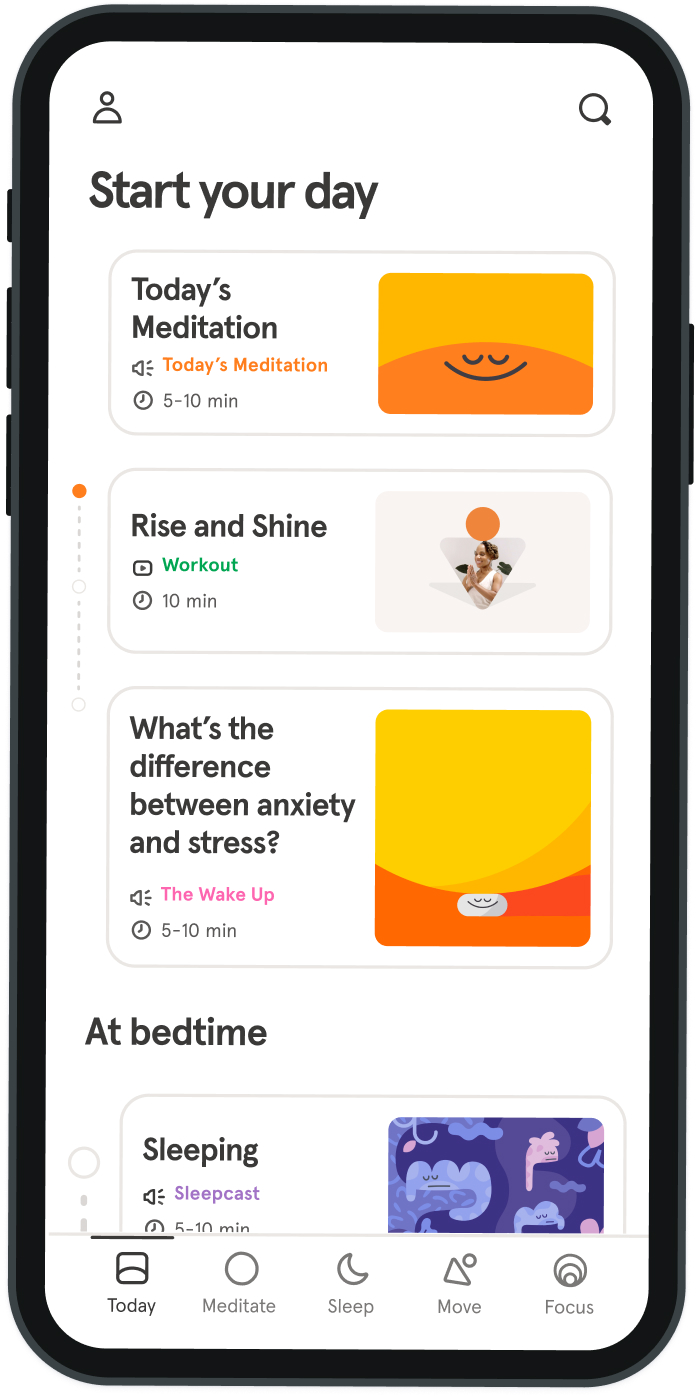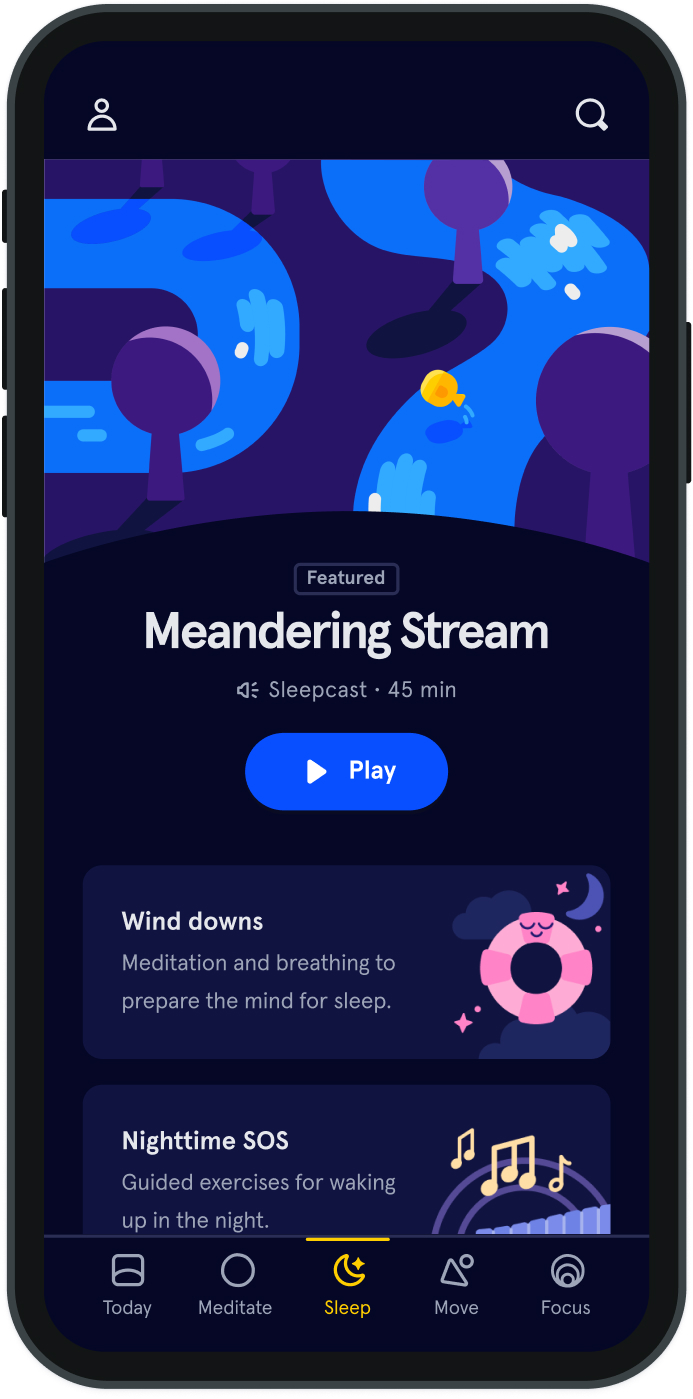Nearly everything you think about loneliness is wrong
It’s important to note the difference between aloneness and loneliness. While aloneness helps us cultivate presence, self-reflection and even creativity, loneliness has adverse consequences for health and mortality.
Scientists have linked feelings of loneliness with increased risks for heart disease and stress, a lowered immunity and even a higher risk of mortality. Research shows that at any given time, 20% to 40% of older adults report feeling lonely with one in 10 people in the UK reporting that they have no friends. One can feel lonely even when surrounded by people and things. In an age of virtual followers, where “friend” is used as a verb, it’s easy to confuse our online connections for authentic and intimate relationships. While social media is a great tool for keeping in touch, it does not replace the human touch, laden with emotional context and depth. Even with all these connections at our fingertips, there are still many people who feel socially isolated and lonely. Many socially isolated people are thought to have poor social skills, which further erodes the longer they avoid social situations. But new neuroscience shows that this not at all the case. University of Chicago researchers investigating the neuroscience of loneliness found that a lonely brain is supremely in-tune with social cues, in particular the ones signaling a social threat. From an evolutionary perspective, feeling socially isolated triggers a cascade of neural mechanisms that puts us in a nervous and vigilant mode. People who feel lonely are subconsciously scanning their environment for hostility, which may overshadow the positive situations they encounter. While this trait might have enhanced our survival skills eons ago, it may in fact be maladaptive in this day and age. The stress and anxiety that goes hand-in-hand with being vigilant - and lonely - may also help explain the poorer health and shorter lifespan that lonely people experience.
To the person opening up about their loneliness, chances are the overwhelming response from others goes something like, “Why don’t you just try socializing more?” Current research suggests that this response is akin to psyching out an athlete just as they are about to perform. It turns out that lonely people, despite being better cued-in to people’s emotions in a lab setting, choke when they need to exhibit these social skills in real life. In a study, lonely people performed worse on a social task only when they were told they were being observed for social skills. When they were told they were being tested for a general task, they performed better than the non-lonely. So the apprehension and anxiety feeds a pattern of over-thinking to the point of failure, which serves to reinforce the social anxiety. Instead, researchers suggest lonely people learn to get out of their heads - because keen social skills are already there - and focus on utilizing those skills to forge stronger relationships. While our brains are hard-wired for friendship, we must remember that friendship is also a skill to be taught, learned and maintained with patience and persistence.



Be kind to your mind
- Access the full library of 500+ meditations on everything from stress, to resilience, to compassion
- Put your mind to bed with sleep sounds, music, and wind-down exercises
- Make mindfulness a part of your daily routine with tension-releasing workouts, relaxing yoga, Focus music playlists, and more
Meditation and mindfulness for any mind, any mood, any goal

Stay in the loop
Be the first to get updates on our latest content, special offers, and new features.
By signing up, you’re agreeing to receive marketing emails from Headspace. You can unsubscribe at any time. For more details, check out our Privacy Policy.
- © 2025 Headspace Inc.
- Terms & conditions
- Privacy policy
- Consumer Health Data
- Your privacy choices
- CA Privacy Notice
